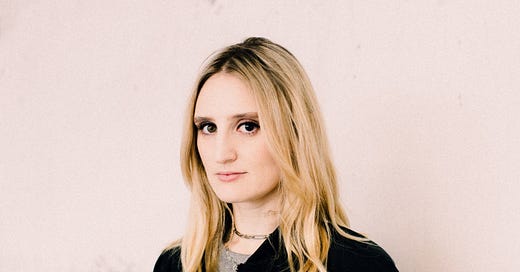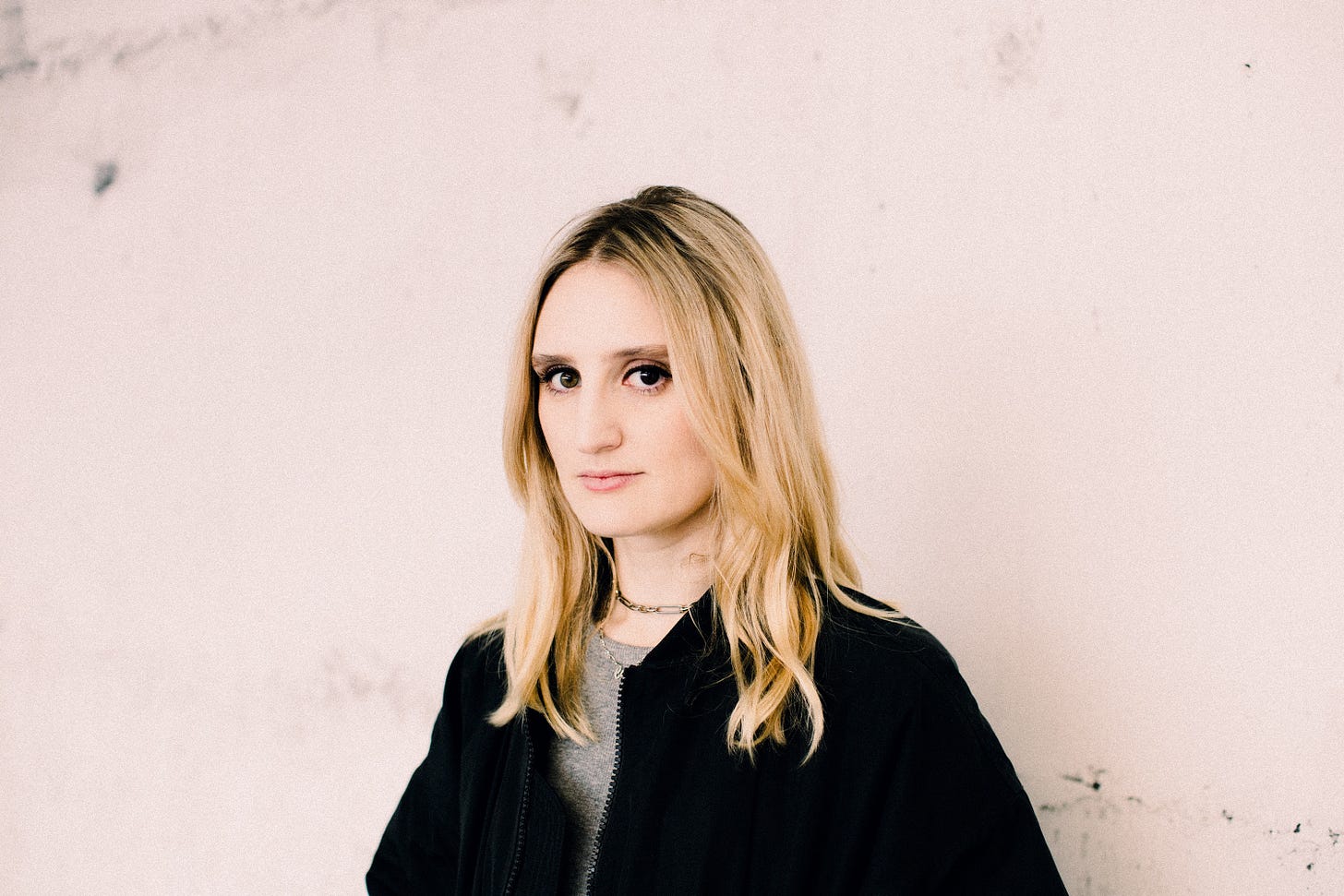Carré Knows All the Stereotypes About LA Dubstep—and She's Defying Them
An interview with the native Californian, who details her rapid ascent through the world of bass music and reflects on her relationship with the City of Angels.
Dubstep has always been a profoundly British genre. Yes, it owes a huge debt to Caribbean soundsystem culture, and yes, the music was at one point seized upon by a variety of (mostly American) EDM bros. But dubstep was born in London, and even after more than two decades of circling the globe, its loping, reverb-crusted rhythms and gut-rumbling low-end pressure are a testament to the enduring legacy of UK club culture.
As it happens, that legacy is what first lured Carré into dance music. It was during a study-abroad year in London that the California native was first introduced to the bass-oriented pleasures of the hardcore continuum, and though her life has taken many twists and turns since then—including multiple trips back and forth across the Atlantic—she’s emerged in recent years at one of dubstep’s brightest new talents. It’s not often that an American artist is welcomed into the genre’s inner circle, and until recently, Carré faced an added challenge: she was based in Los Angeles, a city that was generally seen as the epicenter of dubstep’s lowest creative lows during the late 2000s and early 2010s.
Carré, however, isn’t particularly interested in reviving the cult of Skrillex, or churning out the same sort of wobble-driven “filth” that once dominated the EDM circuit. While she does love heavy bass, she takes a more considered approach, one that she’s honed as a co-founder Fast at Work, an LA-based party which started in the aftermath of the pandemic and quickly became a pillar of the city’s rave circuit. Guided by an ethos of “fast not hard,” the crew does take occasional cues from classic dubstep and post-dubstep, but their links to the past are ultimately more spiritual than musical. Putting a heavy focus on up-and-coming artists and the sounds of now, Fast at Work champions the same sort of free-flowing, future-facing and boundary-averse creativity that has defined many of bass music’s best moments.
It was Fast at Work that provided Carré with her first chances to properly DJ, and the parties also gave her a laboratory to test out her productions, which have quickly rounded into form. Her debut EP, Tilted, dropped on the SPE:C label in 2023, and she’s since followed it up with Soft Fascination (the Fast at Work label’s inaugural release) and another record for SPE:C, Air Sign. The latter included “Fawn,” a track that landed on numerous “best of 2024 lists,” and based on the initial response to her new Body Shell EP, which came out just last month on the newly reanimated Tempa (one of dubstep’s foundational imprints), there’s a decent chance that Carré will be receiving another round of year-end accolades when 2025 comes to a close.
How did this happen? Although dance music is known for moving fast, Carré is practically sprinting up the bass music ranks, and in the process, she’s defying some deeply ingrained notions of what LA dubstep is all about. Yet up until now, it’s been hard to know if any of this was intentional on her part, as Carré has largely elected to let her music do the talking, even as she quietly moved to London earlier this year. Determined to find out more about her story, I asked if she’d be up for an interview, and during a lengthy call last week, she walked me through her journey with dance music. We talked about her extended love affair with UK bass, what brought her to LA in the first place (she’s a NorCal kid) and why she ultimately decided to leave. Along the way, the conversation also touched upon what it’s been like for her to set aside a “normal” life and forge ahead as an artist, not just in a city with a less-than-stellar dance music reputation, but during a time when the prevailing discourse repeatedly says that the genre’s best days are behind us.




